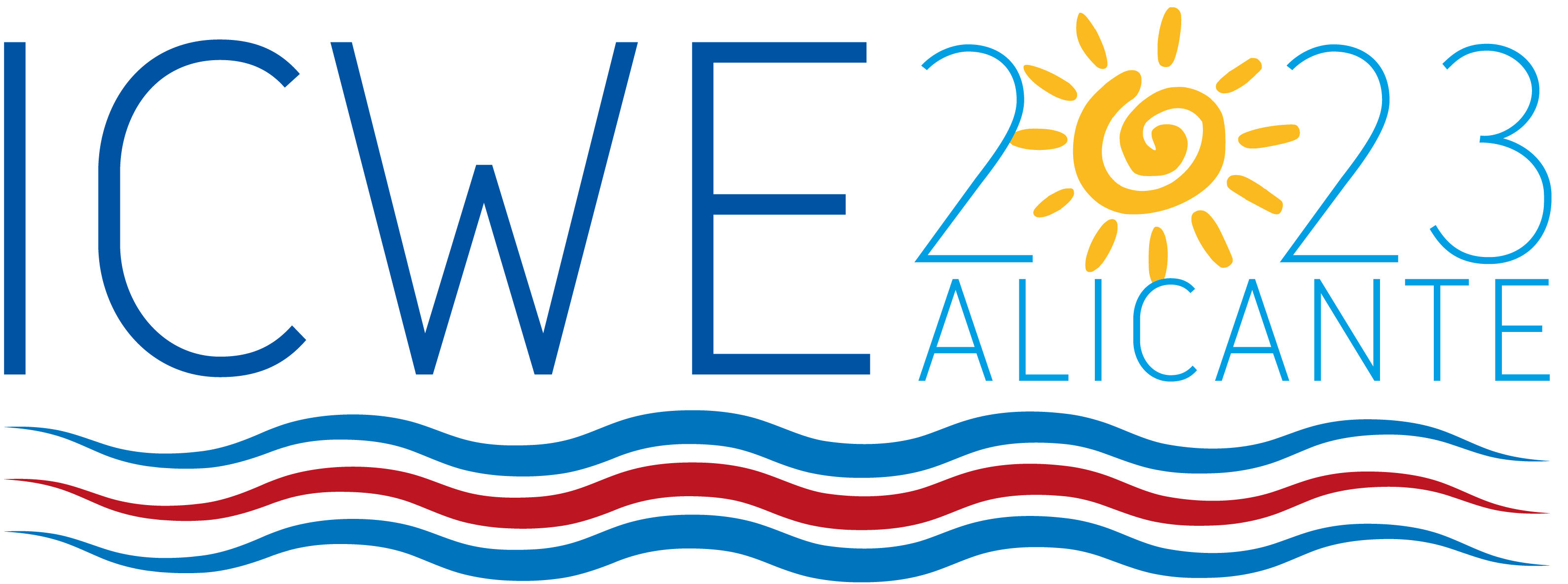OVERVIEW
The diffusion of Web of Things (WoT) technologies, components and platforms is probably the most significant case history for that. Nevertheless, current proposals often have limited flexibility, particularly due to a lack of interoperability in information management. The prevalence of over-engineered architectures and application-specific tools make difficult the development of extensible solutions and services. Artificial Intelligence (AI) has transformative potential to improve the state of the art, by endowing intelligent agents embodied in ubiquitous objects with autonomic abilities to manipulate information resources enriched with explicit semantics. However, this requires facing on significant technical challenges, as AI paradigms should be revised and adapted to very resource-constrained devices and to decentralized coordination in pervasive computing environments.
The second edition of the SWEET International Workshop will focus on integrating, optimizing and exploiting artificial intelligence in WoT and pervasive computing scenarios. This will help pushing the Web Engineering boundary toward a Web of Smart Things, and particularly toward the Semantic Web of Things, where information is endowed with machine-understandable descriptions and devices provide adaptive capabilities for information discovery, reasoning, learning, argumentation, planning and coordination.
According to the ICWE aims and goals, the main research issues related to the workshop topics can be summarized referring to the following problems:
- How can we integrate the Web of Things with Semantic Web technologies and tools?
- How can we use ontologies and semantic annotations to enhance real world pervasive devices, applications and services?
- How can we exploit reasoning and planning in Web of Things scenarios?
- How can we integrate machine learning efficiently in pervasive large-scale scenarios with high volumes of data?
- What IoT technologies are able to support the Semantic Web of Everything evolution?
Topics of interest to this workshop include, but are not limited to:
- Languages, methodologies and tools for representing and managing semantic annotations in ubiquitous and pervasive scenarios
- AI-based information storage, management, discovery, integration and exploitation in the WoT
- Reasoning and planning in pervasive and unpredictable scenarios
- Semantic-based Web of Things infrastructures, protocols, applications and services
- Semantic-enhanced Web of physical objects and devices
- Wireless semantic sensor and actor networks
- Opportunistic paradigms and algorithms for matchmaking and negotiation
- Intelligent adaptive user interaction in pervasive computing
- Managing pervasive data and sensor data streams
- Decentralized, adaptive and collaborative pervasive systems
- Efficient, scalable, distributed machine learning in wireless sensor networks and ad-hoc object networks
- Intelligent Big Data architectures and solutions for pervasive scenarios
- Methods, prototypes and tools for the integration of eXplainable AI (XAI) techniques in the WoT
- Novel argumentation techniques and technologies for the WoT
- Practical and user-oriented issues and experiences of developing AI-based pervasive systems and applications
PAPER SUBMISSION
Paper Length & Format. Papers must be formatted according to the information for Springer LNCS authors and submitted in PDF format. Papers must not be under review elsewhere while under consideration for SWEET 2023, nor may have been already previously published elsewhere. Paper length must not exceed 12 pages. Manuscripts not submitted in the requested format or having more than 12 pages will not be reviewed and thus automatically rejected.
Submission. The submission processes will be managed by easychair.org. If you have used this system before, you can use the same username and password. If this is your first time using EasyChair, you will need to register for an account by clicking “I have no EasyChair account” button. Upon completion of registration, you will get a notification email from the system and you are ready for submitting your paper. You can upload the paper to the system by the submission due date.
Publication. All accepted papers will be scheduled for oral presentations and will be published as part of ICWE 2023 dedicated post-workshop proceedings volume to appear in Springer’s LNCS series. At least one author of each accepted paper is required to register and attend the conference to present the work.
IMPORTANT DATES(AoE)
- Paper submission deadline:
April 14, 2023April 21, 2023 EXTENDED! - Notification of acceptance: May 5, 2023
- Pre-workshop article revision deadline: May 15, 2023
- Conference days: June 6-9, 2023
- Camera-ready: July 9, 2023
